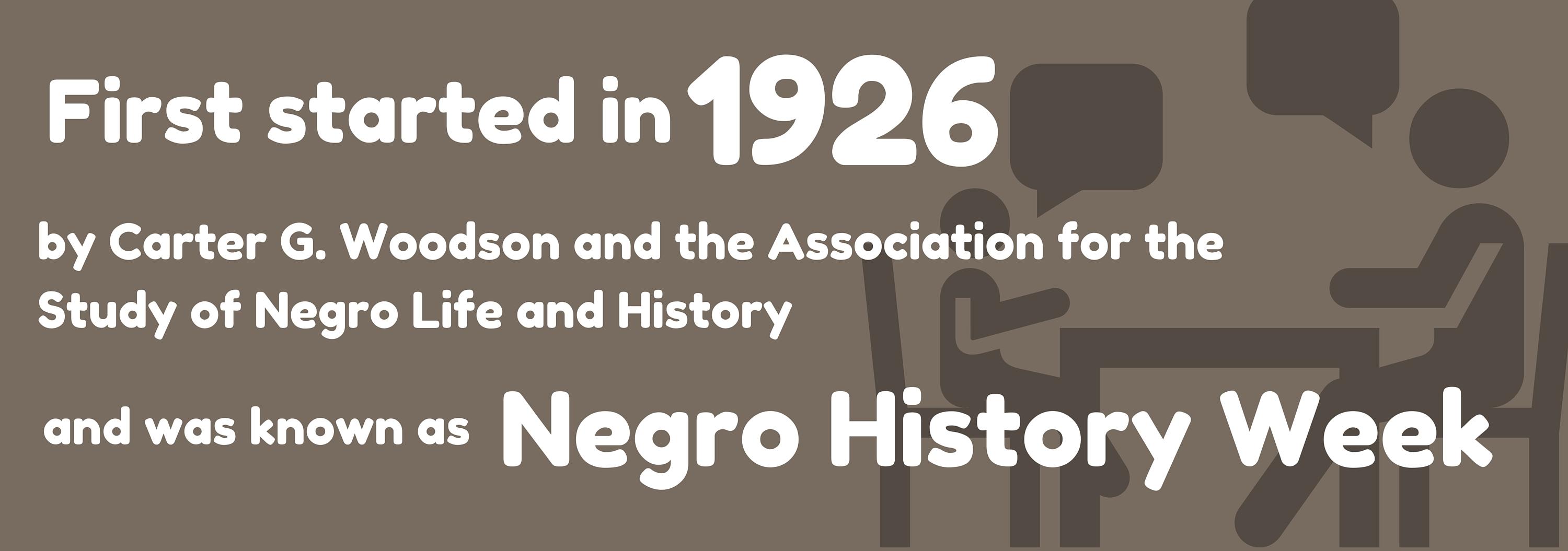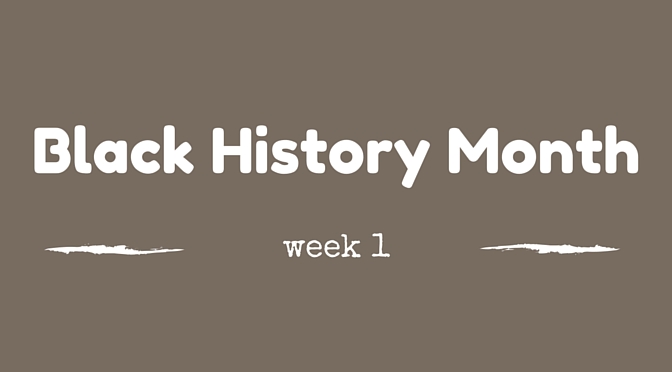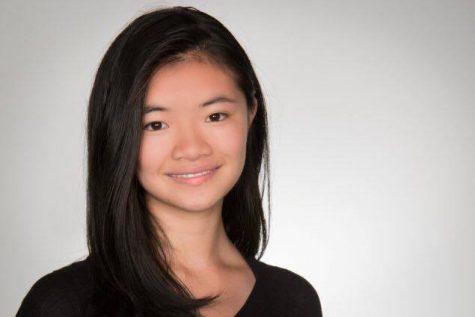ach year, February is also Black History Month — a month dedicated to African-American history and culture.
And although African-Americans remain an extremely small minority at our school, many students at our school, regardless of race are passionate about creating awareness around African-American history and culture.

Sophomore Himani Yalamaddi moved from Ohio three years ago, where the African-American population is substantially larger than it is in Cupertino. Yalamaddi believes this is part of the reason that Black History Month isn’t incorporated into our curriculum, but she’s glad social media is openly promoting African-American culture and history.
“It was a part of our curriculum in Ohio because there were a higher number of black people there but I know my brother hasn’t talked about it at all [in school] and he goes to elementary school here,” Yalamaddi said. “But in high school, it isn’t a thing at all; I didn’t even know it was Black History Month until I saw it on Snapchat.”
Although students like Yalamaddi may not realize it — depending on the classes a student takes, African-American history is in fact, a central part of the curriculum. U.S. and World History teacher Robbie Hoffman says that even though African-American history is not always related to the World History curriculum, it is an integral part of the U.S. History curriculum. In the U.S. History curriculum, African-American impact on historical events is interspersed within each unit, being brought up on a rather frequent basis.
The main focus [in U.S. History] is looking at the people that had not had the rights. Throughout the year we don’t just dedicate a month to it, we dedicate a whole curriculum, a year to it.
HISTORY TEACHER ROBBIE HOFFMAN
Junior Krishna Sunder simply feels like African-Americans have been overlooked in the U.S.’s past history and believes it’s important for a month to be dedicated to African-American history.
“I think it’s because historically speaking, African-Americans have been underrepresented in our demographic.” Sunder said. “I think it’s important to remember and recognize a group that is fundamentally a part of America that isn’t recognized enough.”
However, he does feel that more emphasis should be placed on Black History Month within Cupertino as a city.
“I think there is awareness about it but I don’t think in Cupertino, in our little bubble, there is that much emphasis placed on it,” Sunder said.
Although African-Americans are a small part of Cupertino, they are a large part of the U.S. population.
And as Yalamaddi sees high school as a stepping stone to the real world, and since African-Americans play a crucial part in our country’s past and present, she feels like it should be incorporated in our curriculum.
“I guess it is important especially in high school, to get to know what’s in the world. They should tell us about it.” Yalamaddi said.
Click below to check out the rest of our Black History Month coverage











